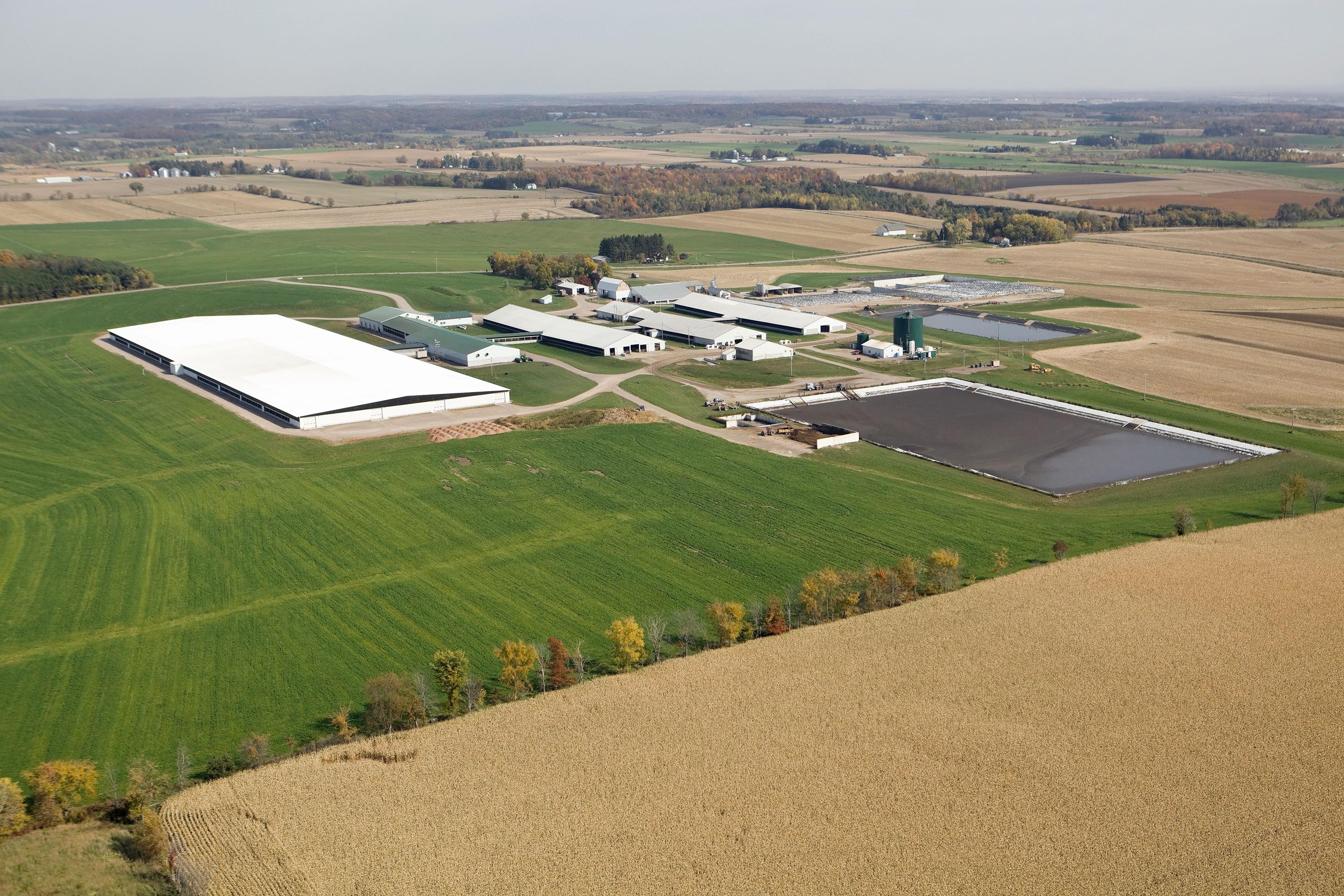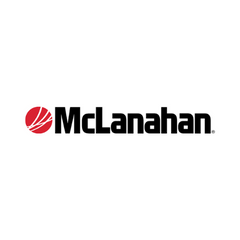All around the world, whether in the dairy industry or not, climate change is a hot topic. It is an issue that greatly affects the norms and direction of policy, industry and infrastructure.
For the dairy industry, there are a lot of climate-smart opportunities. Navigating the decision-making process with lenders, as well as the financial implications at the farm level to ensure these climate-smart practices are cost-effective, are significant when deciding which opportunities make sense for dairy operations.
At the Dairy Financial and Risk Management Conference in Pennsylvania last year, a panel was held to discuss both the challenges and opportunities the dairy industry is facing regarding the ever-changing climate conversation. The panel included Curt Gooch, Matt Royer, Brett Reinford and Mike Hosterman.
Adaptability and efficiency
As a leader of developing sustainable dairy products with Truterra LLC, Curt Gooch opened the conversation by describing the current state of climate-smart practices within animal agriculture. Several documents and acts regarding climate-smart practices typically refer to these practices as guiding actions to transform agri-food systems toward a green climate.
“We’ve already been conserving soil [and] looking at how to improve the productivity of our cows to do better with conserving energy,” Gooch said. “It’s a very simple answer as to why this has been done already. We can only control our margins by doing better on controlling our costs. That has made us more efficient.”
Many dairy farms have been integrating climate-resilient practices for years. Growing seasons change throughout different regions of the country and weather patterns do as well, so many dairy farmers are naturally wired to remain adaptable with their environmental practices to drive efficiency.
“We’re going to have to be changing with the way things are changing and adapt,” Gooch added.
While Gooch said the dairy industry is only responsible for 2% of the nation’s methane emissions, there are efforts being put forth by cooperatives and other organizations to continue to lessen the output of greenhouse gases (GHGs) from the dairy industry. Many of these initiatives encourage environmental stewardship, profitability and productivity at the farm level.
A story to tell
The CARAT project through Penn State University – which stands for climate-smart agriculture that is profitable, regenerative, actionable and trustworthy (CARAT) – is one of those efforts. Matt Royer, an agriculture and environment researcher at Penn State University, spoke on the issue from an academic perspective. Penn State was recently awarded a grant from the USDA through the Partnerships for Climate-Smart Commodities program.
“We’re working on three pillars of sustainability – increasing productivity and incomes, adapting and building resiliency to climate change, and looking to reduce or remove greenhouse gases, if possible,” Royer said.
CARAT is a collaborative project with partners including the Center for Dairy Excellence, Professional Dairy Managers of Pennsylvania and Red Barn Consulting. This collaborative effort is providing funding for Pennsylvania dairy farms to work with a technical service provider to develop climate-smart plans for their operations.
Brett Reinford, a Pennsylvania dairy producer, shared what this type of climate-smart plan could look like – and the financial opportunities it could lead to for dairy producers. Reinford is a partner with his brothers and parents on Reinford Farms in Mifflintown, Pennsylvania. Their operation is highly focused on climate-smart solutions, including a digester that turns cow manure and local community food waste into fertilizer, heat and energy for the farm and surrounding areas.
“One of my favorite things is that it gives us a story to tell,” said Reinford during the panel discussion. “What we are doing on our farm generates opportunities to tell dairy’s story [relating to] the environment.”
Along with the environmental impact and the ability to share that story with consumers, Reinford said the practices have been financially beneficial for their business as well.
“I can talk about it all day long; about how great this particular practice is for our farm and environment. But if it doesn’t make money or save money, we can’t do it,” he added.
Through their digester and food waste strategies, Reinford Farms has found a way to participate in environmental transformation while keeping it cost-effective – and profitable – for their operation.
Asking questions and looking for a better way
Mike Hosterman, a business consultant with Horizon Farm Credit, closed the panel discussion by sharing his perspective and key learnings as a previous lender and now as an adviser for agriculture businesses, including dairy farms.
He said after 33 years in the field, asking questions and knowing how to listen is one of the most important parts of implementing some of these new, climate-smart solutions – especially with the ever-changing landscape of agriculture and technology.
“As financial advisers, we need to listen. I don’t know all the answers,” Hosterman said. “When I am meeting with a client, I need to listen to what they want to do. I ask them five times why they want to do it.”
Being open and honest in the decision-making process can lead to more thoughtful and practical ideas. A flexible mindset that continually evaluates and looks for better ways to do things can also help an operation become more sustainable, both financially and environmentally.




